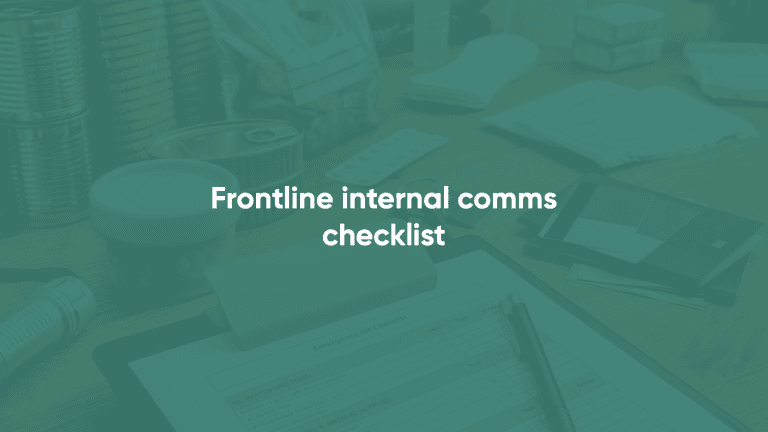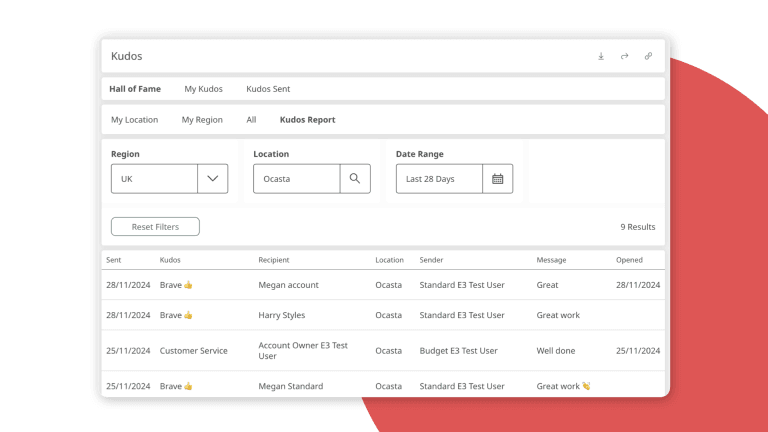
The role of a Chief Operating Officer (COO) can really vary from place to place. Some companies like you to focus mainly on growth, others will like you to focus mainly on cutting costs, others may be more focused on quality. With this in mind, it can get confusing about exactly what it takes to be a great COO in order to help your company beat the competition. We tell you the key skills that will help you succeed every time, no matter what your main objectives and goals are.
You need to be able to switch from strategic vision mode to detail mode
Every COO has to have a strategic vision to help with the company framework and provide steps for how the business is going to achieve the outcomes. They will find the right people to get the job done and oversea every team to ensure the smooth running of tasks. However, what can be difficult is moving from vision to detail when you need to. If you are always too focused on the vision you will lose touch and understanding of your employees, this is disastrous because they are the ones who are actually doing the work to achieve the goal. If you are too focused on the detail you will lose sight of the vision which will skew the results of your overall aim and goals for the company.
Tip: Keep a log of all thoughts, issues and problems which staff tell you about, whether they seem big or small, this will allow you to evaluate them when you have a spare moment and assess how much of an impact they have on the overall vision of your company. It is a manual way of keeping track of the detail whilst keeping the vision in mind, hopefully, the more you do this the easier it will come. For example, if your vision is to be the most helpful pharmaceutical company in the UK, but your sales team are having problems with finding labels this is going to have a negative effect on your overall vision. This is because internally your company is not the most helpful. A vision won’t work if the details internally are overlooked.
You need to be focused on getting the full potential out of every department
Your job as a COO is to get the full potential out of your organisation, this can only be done when you get the full potential out of every single department in your organisation. Because you have to be so focused on targets and finances sadly the people element can be overlooked and it can become easy to forget that they are the ones who will help you hit targets and reduce costs.
Tip: It is important to regularly audit each department in your business, ask yourself the following questions:
-
Are they consistently hitting targets?
-
Are they letting other teams down?
-
Are there things which you think could be improved in their department?
-
Could they be cooperating better with other departments?
-
What are they struggling with?
-
Is communication between departments the best it can be?
Look for digital solutions which help your departments support each other rather than work against each other, break down the walls between learning, HR, compliance and sales departments. When you do this you will immediately release more potential in your workforce!
You will never fully achieve the perfect culture
Culture is something that requires constant work, every time you think you have reached the culture you want, something or someone will change which will have an impact on it. Below are the key pointers to remember when constantly trying to optimise your company culture:
-
Encourage your employees to get excited about the culture, empower them to ‘own’ the culture.
-
Always encourage a caring environment, no matter what kind of culture you are trying to achieve, when employees care about each other and help each other your culture will always fall into place.
-
You should always be living and breathing your culture, anyone can talk about the kind of culture they would like to have but not everyone can achieve it. You should embody your company culture otherwise it just won’t work.
-
Communicate properly, if you feel like certain things or people are changing the culture it is your job to address this clearly so that everyone is aware of what is going wrong.
-
Repeat your message through things that you say so that no one forgets what the company culture should be.
Talent is the most important asset to your company
A good COO is a real people person, you should understand and recognise that efficient and cost-effective operations rely on talented individuals who work as a team. You should always be looking for new ways to develop your workforce’s skills and improve the employee experience to ensure that when you have great talent they stay for the long haul. You should work hard to hire exceptional individuals, and even harder if you think that they might leave.
Tip: Onboarding is a crucial time for keeping good talent so you need to make sure it’s the best experience it can be. Read “How to create a STAND OUT onboarding experience” for tips on how to make yours the best.
To retain top talent you should:
-
Make your employees feel like an asset to your company, learn their name, praise them when they do well and ask for their input on things.
-
Put their ideas into action, so many companies say that they listen to their employees but they don’t ever actually act upon the ideas.
-
Give feedback regularly and listen to their feedback too, this helps employees to stay on track and gauge exactly how well they are performing.
-
Be clear about career progression, according to a Linkedin survey, 45% of employees said the number one reason they left their job was because of a concern about lack of opportunities for advancement.
-
Recognise and reward employees when they have performed well, this boosts motivation and morale even if it is just you saying well done.





